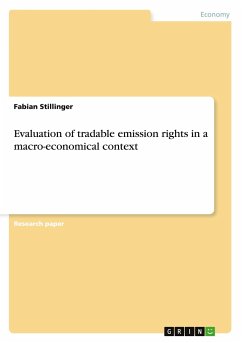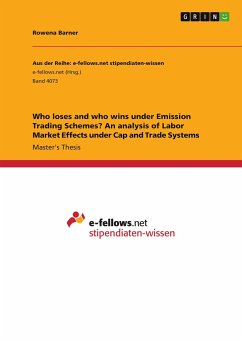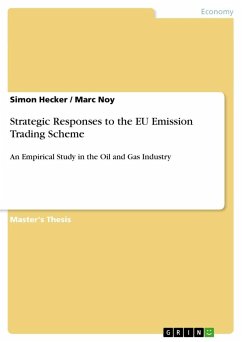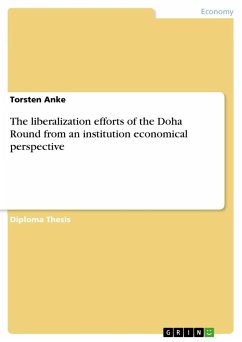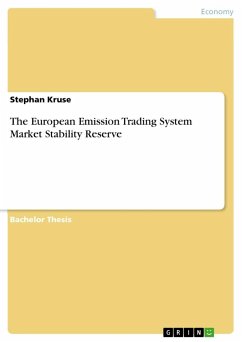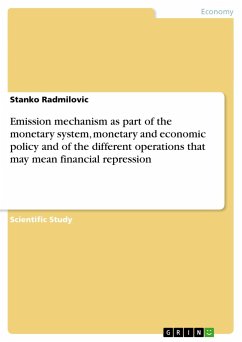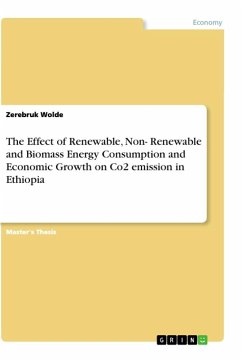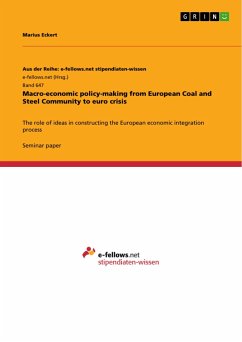Research Paper (undergraduate) from the year 2012 in the subject Economy - Environment economics, grade: 1,7, University of Applied Sciences Deggendorf, language: English, abstract: "China will not cooperate with the European Union on the ETS, so Chinese airlines will not impose surcharges on customers relating to the emissions tax," Cai Haibo, deputy secretary-general of the China Air Transport Association (CATA), told Reuters news agency (Suharto & Alison, 2012). Europe's cap-and-trade plan, the Emission Trading Scheme (ETS), was launched in 2005 as one of the main pillars of the EU's efforts to battle climate change. It was expanded on January 1, 2012, and includes all airlines using EU airports; one month after the EU's main court rejected a legal challenge brought by US- American carriers (Suharto & Alison, 2012). Being the world's first international scheme for the trading of greenhouse gas emission allowances, the EU ETS covers some 11,000 power stations and industrial plants. It includes CO2 emissions from installations and factories in 30 countries, and is therefore the world's biggest trading scheme in this field. The installations currently account for almost half of the EU's CO2 emissions and 40% of its total greenhouse gas emissions, as Nitrous oxides are also covered by the ETS (The European Commission, 2010).Now, the topic of greenhouse gas emission allowances is more up-to-date than ever, as also non-European firms are held liable by the ETS. Global airlines and air transport organizations criticize the approach of the EU, as they still suffer from the global economic downturn and increasing oil prices (Milmo, 2011); European leaders in contrary see this action as one possibility to tackle the aviation industry's contribution to climate change in absence of a global agreement (Illmer, 2012).
Hinweis: Dieser Artikel kann nur an eine deutsche Lieferadresse ausgeliefert werden.
Hinweis: Dieser Artikel kann nur an eine deutsche Lieferadresse ausgeliefert werden.

